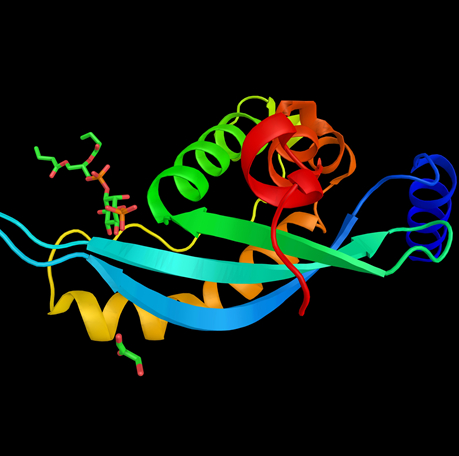
Nadh
Scientific names: Nicotinamide Adenine Dinucleotide Hydrate
Alternate names: B-DPNH, BNADH, Coenzyme 1, Enada, NAD, Nicotinamide Adénine Dinucléotide, Reduced DPN, Reduced Nicotinamide Adenine Dinucleotide
Actions: Cardiovascular, Dopaminergic, Energy
Background
NADH stands for "nicotinamide adenine dinucleotide (NAD) + hydrogen (H)." It occurs naturally in the body and plays a role in generating energy.
The NADH produced by the body is involved in making energy in the body. Taking NADH supplements might affect blood pressure and have other effects.
People use NADH for chronic fatigue syndrome (CFS), high blood pressure, high cholesterol, athletic performance, depression, Parkinson disease, and many other conditions, but there is no good scientific evidence to support these uses.
Don't confuse NADH with niacin, niacinamide, or nicotinamide riboside. These are not the same.
The NADH produced by the body is involved in making energy in the body. Taking NADH supplements might affect blood pressure and have other effects.
People use NADH for chronic fatigue syndrome (CFS), high blood pressure, high cholesterol, athletic performance, depression, Parkinson disease, and many other conditions, but there is no good scientific evidence to support these uses.
Don't confuse NADH with niacin, niacinamide, or nicotinamide riboside. These are not the same.
Safety Safety definitions
When taken by mouth: NADH is possibly safe for most people when used for up to 12 weeks. It's usually well-tolerated.
Special Precautions & Warnings:
Pregnancy and breast-feeding: There isn't enough reliable information to know if NADH is safe to use when pregnant or breast-feeding. Stay on the safe side and avoid use.Effectiveness
NatMed Pro rates effectiveness based on scientific evidence according to the following scale: Effective, Likely Effective, Possibly Effective, Possibly Ineffective, Likely Ineffective, Ineffective, and Insufficient Evidence to Rate.
Possibly effective Effectiveness definitions
- Chronic fatigue syndrome (CFS). Taking NADH by mouth, alone or together with coenzyme Q10, might somewhat reduce symptoms of CFS.
Dosing & administration
NADH has most often been used by adults in doses of 5-10 mg by mouth daily for up to 24 months. Speak with a healthcare provider to find out what dose might be best for a specific condition.
Interactions with pharmaceuticals
It is not known if NADH interacts with any medicines. Before taking NADH, talk with your healthcare professional if you take any medications.
Interactions with herbs & supplements
There are no known interactions with herbs and supplements.
Interactions with foods
There are no known interactions with foods.
vital.ly has licensed monographs from TRC Healthcare.
This monograph was last reviewed on 31/07/2024 10:00:00 and last updated on 09/09/2022 06:17:06. Monographs are reviewed and/or updated multiple times per month and at least once per year.
Natural Medicines disclaims any responsibility related to medical consequences of using any medical product. Effort is made to ensure that the information contained in this monograph is accurate at the time it was published. Consumers and medical professionals who consult this monograph are cautioned that any medical or product related decision is the sole responsibility of the consumer and/or the health care professional. A legal License Agreement sets limitations on downloading, storing, or printing content from this Database. No reproduction of this monograph or any content from this Database is permitted without written permission from the publisher. It is unlawful to download, store, or distribute content from this site.




